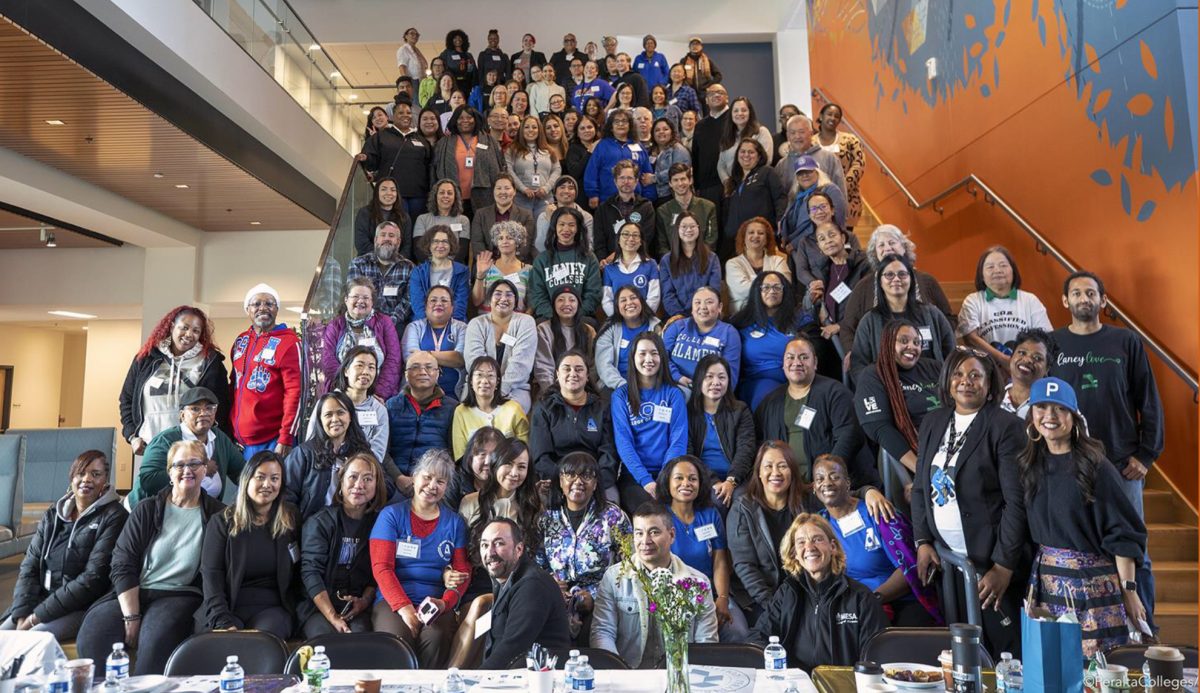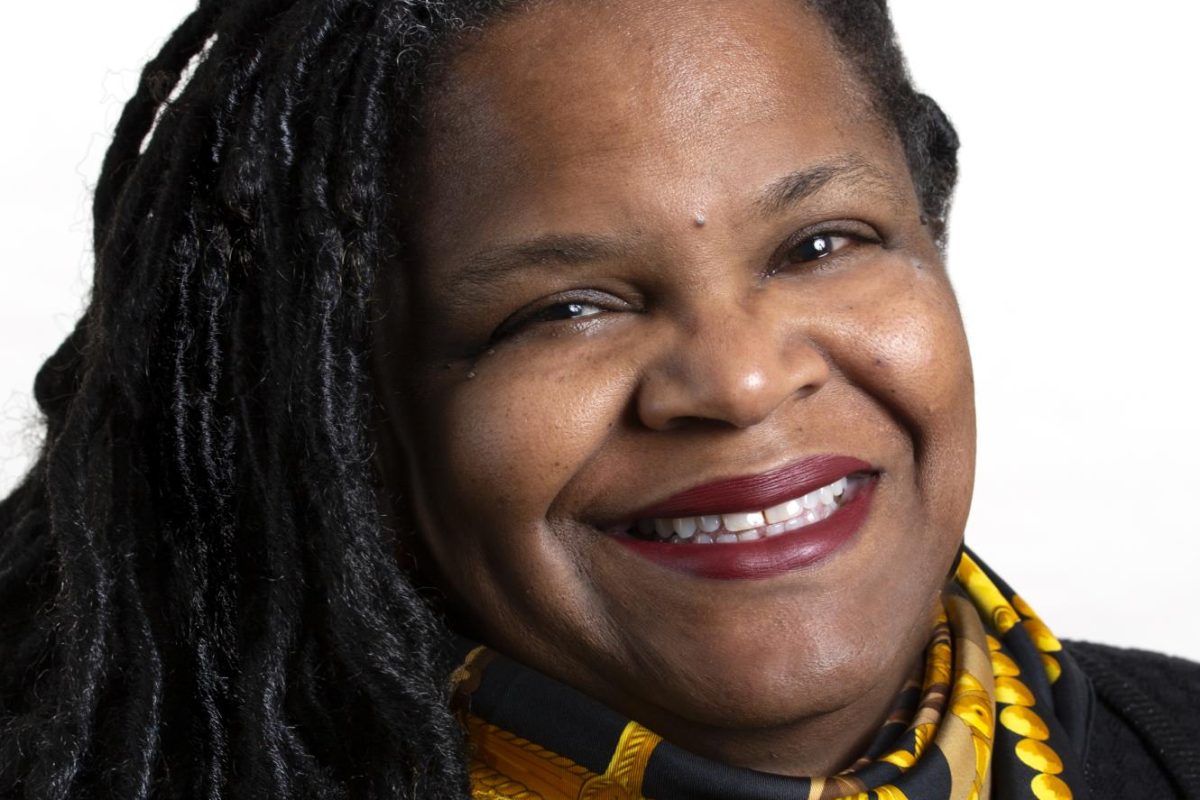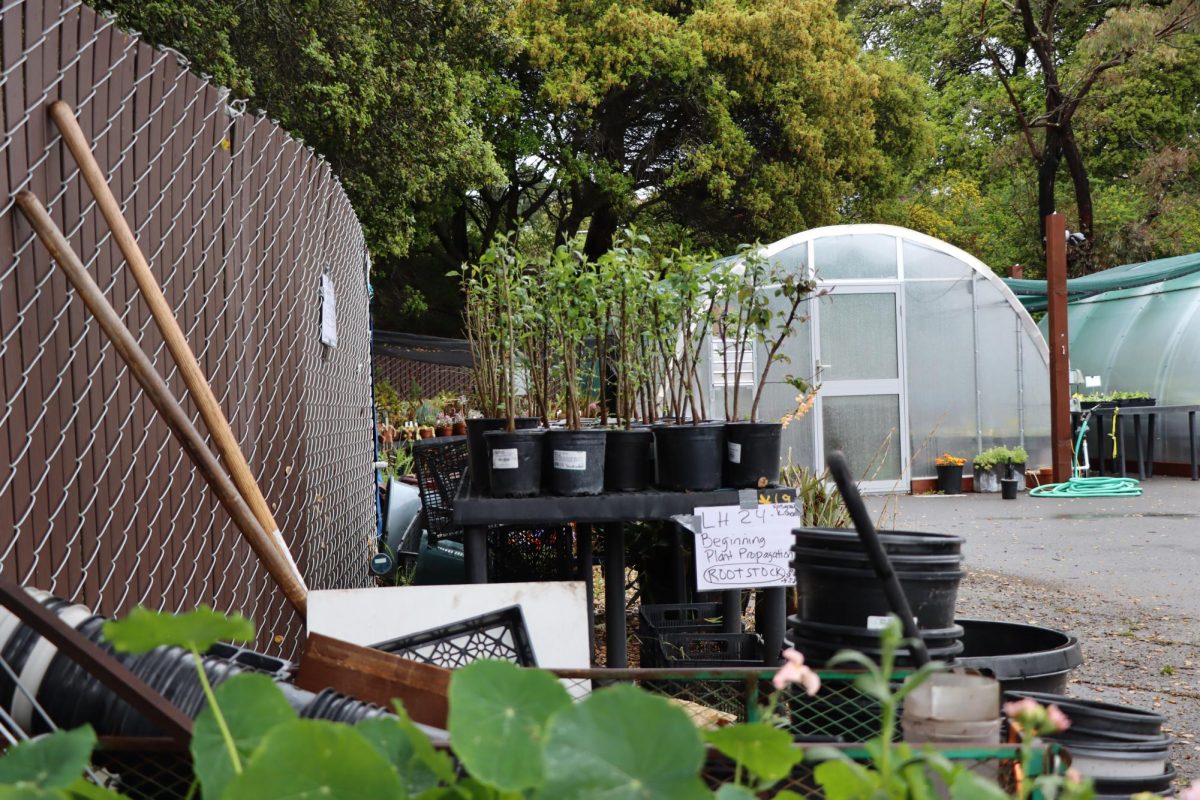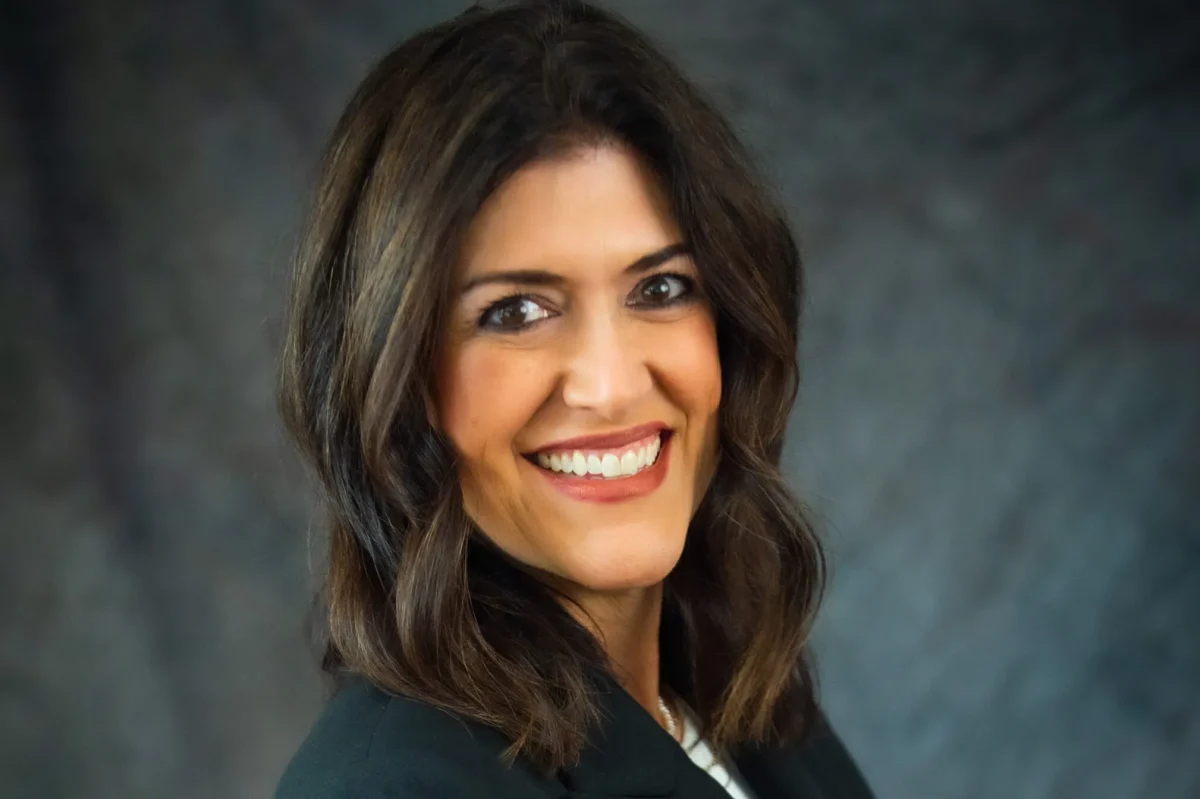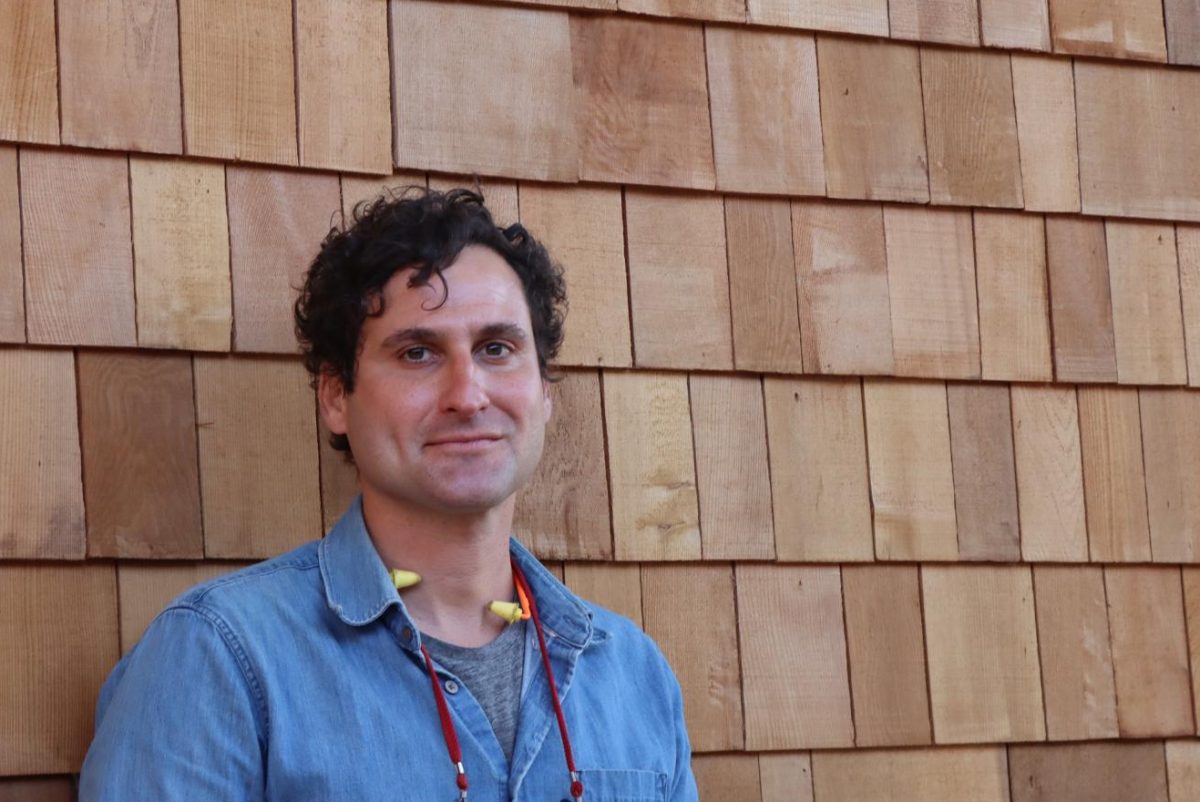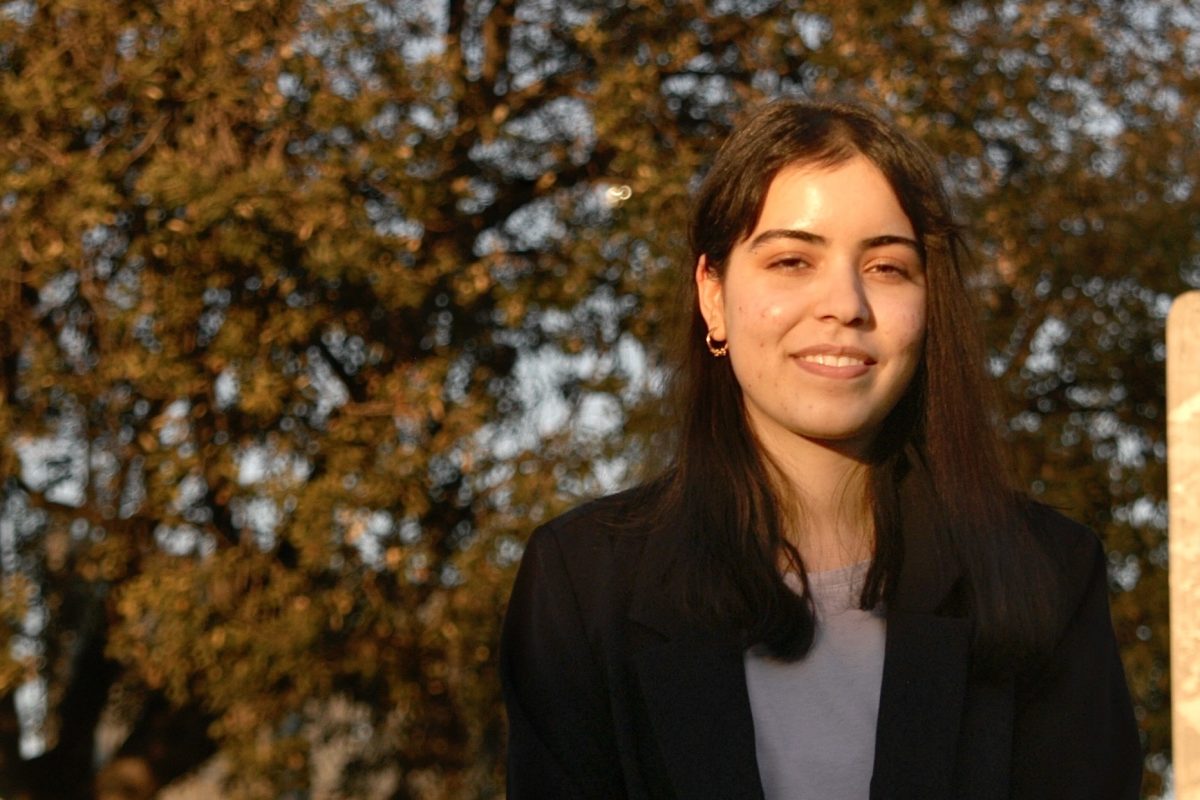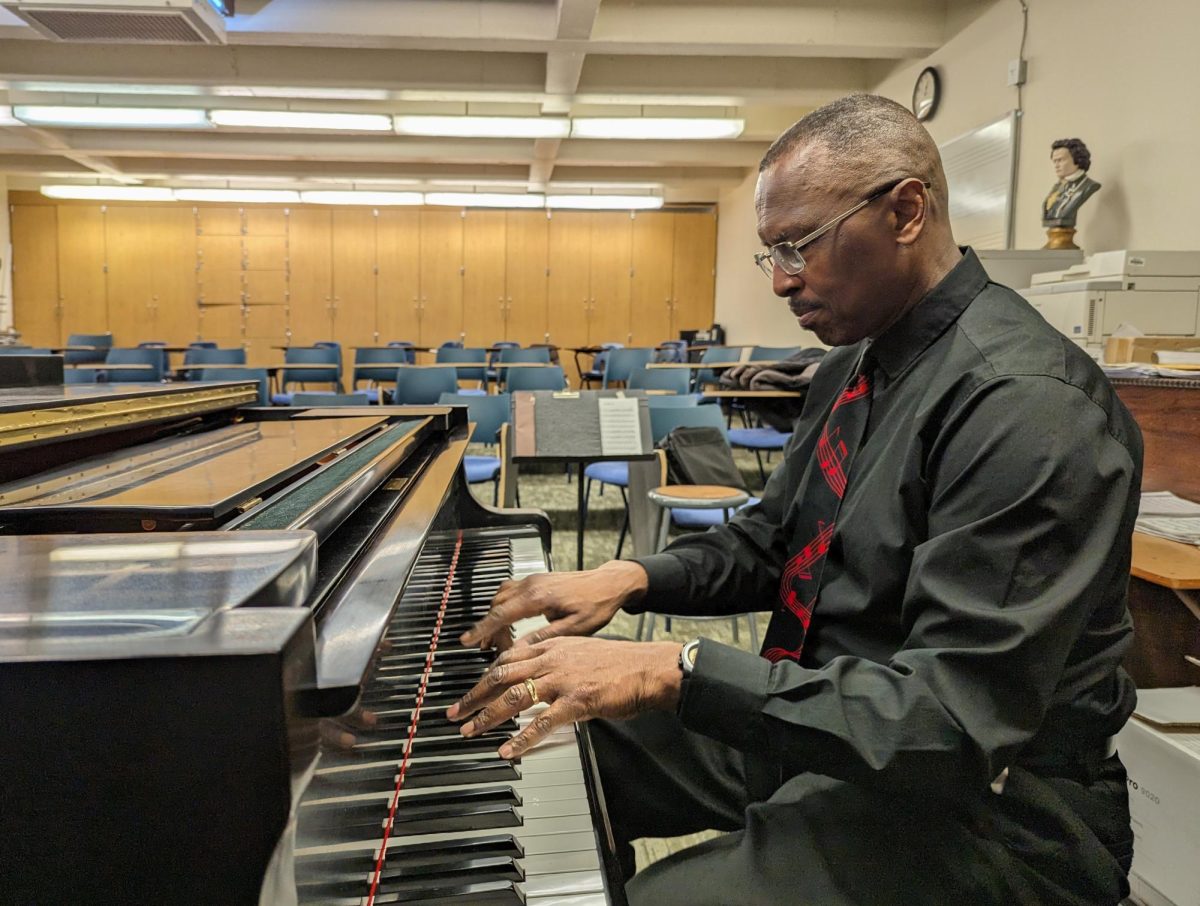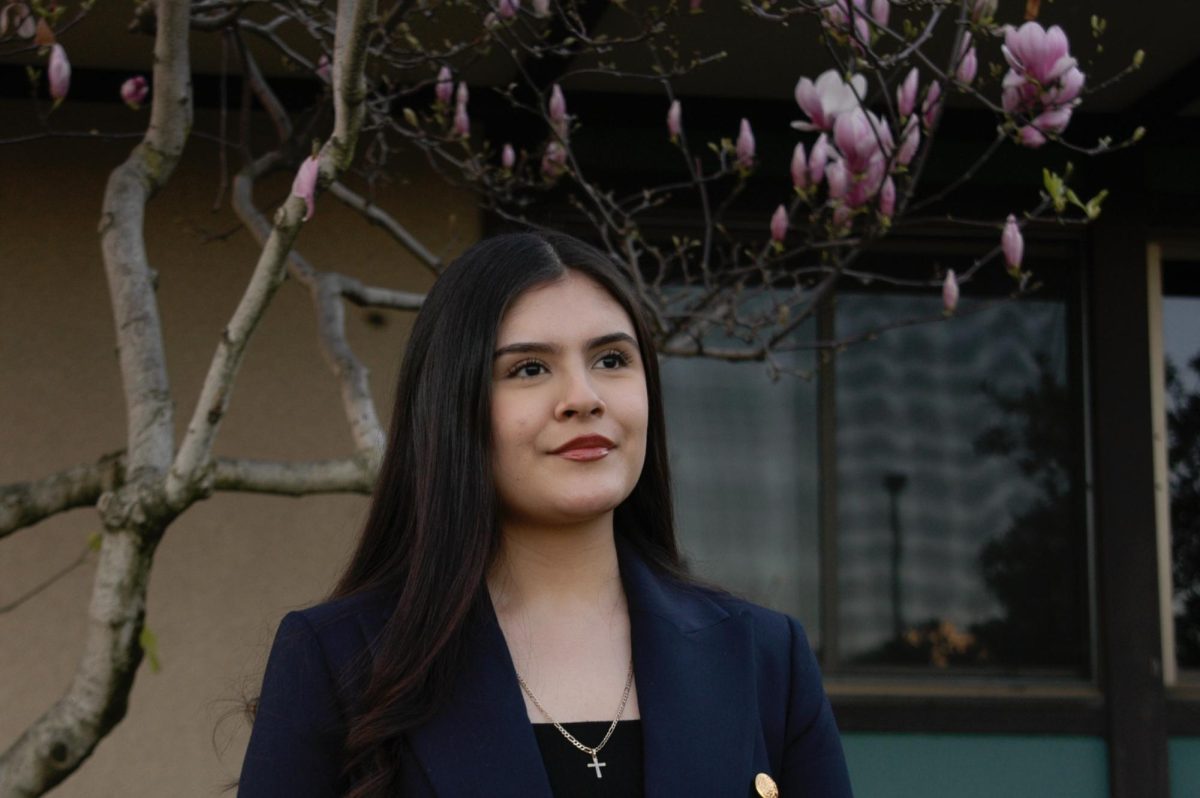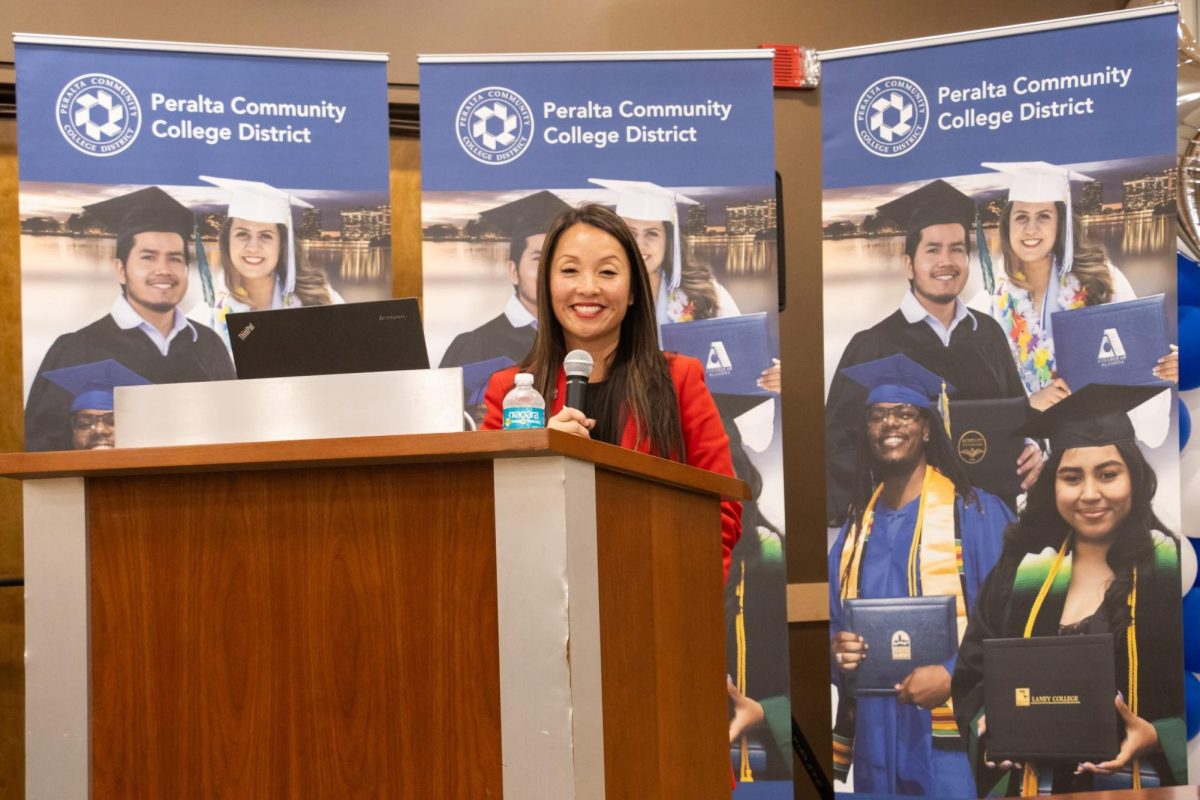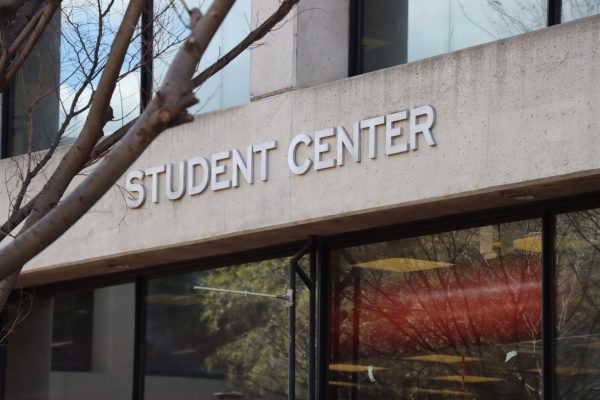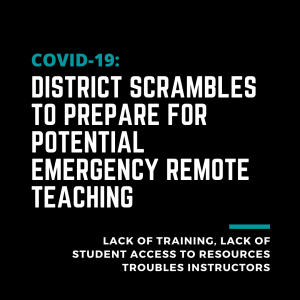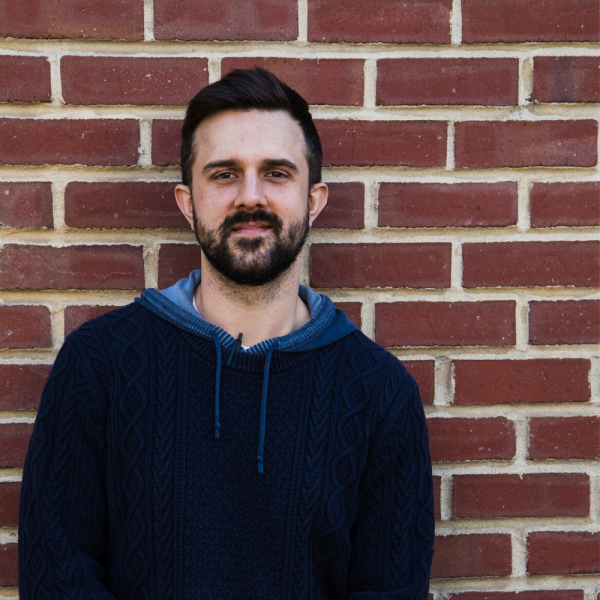In light of the spread of COVID-19 throughout California, the Peralta Community College District (PCCD) has taken several precautionary measures to protect students and faculty. The rapidly changing situation began when all face-to-face classes were cancelled March 11-14, and soon after, spring break was shifted to begin March 16. Following news of the change to spring break, Chancellor Regina Stanback Stroud announced that the district and campuses would close completely. Most recently, due to the shelter in place for six Bay Area counties beginning at midnight March 16, the district has suspended all classes — including online classes — until April 6.
However, the many actions the district has taken have exposed a lack of comprehensive, pre-existing emergency protocols for teaching remotely.
The district has been without a Distance Education (DE) coordinator for the spring 2020 semester. According to Laney College Sociology faculty Inger Stark, who is temporarily filling in for the position, a great source of concern is the looming crisis of being “ill-prepared for potential campus closures.”
The spread of the virus throughout Alameda County has exposed deficiencies in PCCD’s ability to move face-to-face classes to an emergency remote teaching model. According to Chelsea Cohen, DE coordinator at Laney College, even prior to the COVID-19 crisis, many online classes lacked support systems such as online counseling.
“We have to have online counseling, online tutoring, admissions, DSPS — all of that has to be available,” Cohen said.
“We are legally required to offer all the student services that are here on campus, online, and we do not do that,” Cohen said. A potential influx of online learning carries the risk of overloading an already deficient system.
Stark said the program suffers because not all instructors are taught how to use online learning tools.
“We have not historically done a good job of funding a team that deals with what’s called ‘educational technology,’” she said.
Since a focus for PCCD during the response to COVID-19 is to ensure the smooth transition of classes to online learning platforms, the district will quickly need to begin “helping instructors learn how to use Canvas, [and] helping instructors learn how to use Zoom, helping them learn how to use Turn-It-In, how to make Screencast-O-Matic videos.”
Many governing bodies have contingency plans in place to deal with potential disasters. In the case of PCCD and the current coronavirus pandemic, the existence of such a contingency is not evident.
“According to Vice Chancellor Brown, we’ve always had an emergency plan, but none of us have ever looked at it,” said Laney Faculty Senate President Fred Bourgoin.
“I don’t think that the emergency plan included protocols for moving a lot of our instruction online. I think that was developed early this week, kind of last minute.”
Shifting classes to an emergency remote teaching model could put students without access to computers and internet at an increased risk of failure.
“A lot of students don’t even have access to the devices they need to do work. At this point they may be taking face-to-face classes because they don’t have a smartphone or they don’t have internet access in their house,” Stark said.
Another complication is that classes such as labs and vocational learning programs don’t translate easily to being taught online. At the time of this report, it is unclear if campuses will open and if instructors who teach labs will be able to teach lab courses face-to-face after the class suspension ends on April 6.
As instructors await further information, some of them worry how not being able to meet face-to-face for lab classes will change their ability to teach material in a modality that many feel is necessary: face-to-face.
“If we cancel the labs, then it’s going to be a big problem for the students,” Rajeev Banerjee, professor of microbiology at Laney College, said.
Creating curriculum for online instruction requires that teachers learn how to use the various applications needed for online learning. The process of developing the curriculum and online environment can take over 100 hours, and Cohen said it can take up to 200, in her experience.
“It’s problematic to have instructors just suddenly start teaching online without having done that, and without having some kind of training and support in developing it,” said Cohen.
“It’s just unreasonable.”
At the discretion of state regulators, PCCD is making exceptions to the requirements for training so it is easier for faculty to transition their classes to emergency remote teaching platforms. At this time, the details of the relaxed requirements are vague, but according to Stark, it gives “colleges a little bit of room to figure out how instructors who are only used to teaching face-to-face learn enough to make that instruction in an online environment.”
The developing crisis has forced the state of California to be more fluid in its response as college campuses contend with campus closures. The state’s efforts are aimed at opening an easier pathway for colleges to reduce the number of people on campus without penalizing students for the college’s struggle to transition to emergency remote online teaching. Guidance from the California Community Colleges State Chancellor released on March 16 said that campuses should “substantially limit all in-person interactions on campuses through June.”
According to a press release from the California Community College State Chancellor’s office, the Board of Governors signed an emergency measure Monday to grant State Chancellor Eloy Ortiz Oakley more authority to “help colleges continue to provide educational services to students, especially through online delivery, during the Coronavirus outbreak.”
The statement also explained that most California community colleges, like Peralta, are moving to “expanded delivery of online instruction in the coming days and weeks following periods of closure or class suspensions to transition to this approach.”
For the time being, at Peralta, protecting students and faculty from the spread of the virus is just as important as ensuring students retain credit for the current semester. The outbreak of COVID-19 has shown how ill-prepared PCCD is for emergencies. As this crisis ends, Stark said the Peralta district will have a list of projects to help prepare for future emergencies.
“We knew that we’re a bit behind the curve, and this crisis is impetus to do better,” Stark said. “Our students deserve it.”

